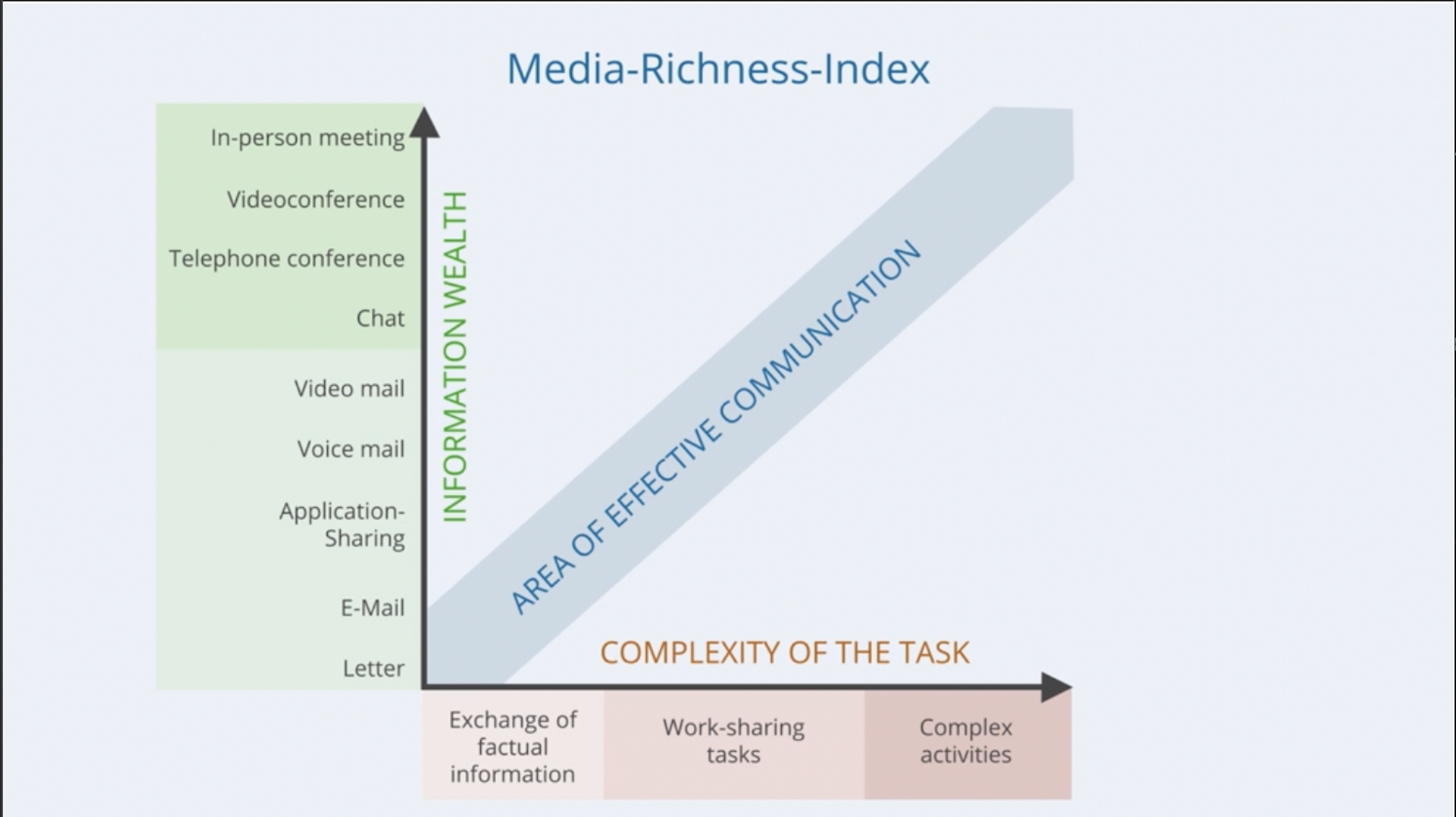Effective communication: The golden skill for software engineers
One of the draws of being a software engineer is the perception that you can sit in a dark room for hours in front of a computer screen and write code without talking to anyone. In reality, building software is a team oriented career and you spend a lot of your time in meetings and chatting with your peers to create working solutions for your stakeholders. Effective communication is key in order to be a successful software engineer.
As the world shifted to virtual work I had not adapted and upskilled my communication style. As a result I started to notice that I was getting friction when trying to come to a decision. Also, I was having debates more often than authentic dialogs to come to a consensus.
I decided to take the initative to solve this issue by honing my rusty communincation skills. I signed up for a class to learn how to communicate effectively at the local university, UT Austin 🤘. I also took free online micro-learnings through my company’s learning portal and took online courses at Coursera and Udemy.
Media-richness index
The best piece of information I found for effective communication was the media-richness index. I wish someone had shown me this chart sooner!
In order to decipher what communication media you should use you have to consider the complexity of the task you are trying to achieve and how much information you are trying to convey. From the diagram you can see that the more complex and information rich your messages is the more synchronous your communication becomes. You would leverage asychronous communication for less information rich and complex tasks.

You can learn more about asynchronous and sychronous communication here!
Overcommunication
Another really great tip I learned was to be aware of when its appropriate to overcommunicate information. Overcommunication is when you share more information than necessary about a topic and share it more frequently. When I am really passionate about a topic I love researching it extensively and then sharing in detail what I learn with others. Although this might be okay during your personal time it could be detrimental to you and your team if you do this at work.
In the workplace, if you overcommunicate an issue your team might start to tune you out as the frequency of the messages increase. Also, those not interested in the topic might get bored eventually and stop paying attention. Also, it could come off as condecending.
There are some benefits of overcommunication. For instance, it will ensure that everyone understands the message, goals, and desired outcome while mimizing surprises.
Creating a communication working agreement
Everyone member of your team should have a clear understanding of what the agreed upon communication strategy is and this should be documented in a Team Working Agreement.
You want to include the following in your communication strategy:
- Working hours: This is when your team is expected to be online and available for meetins, calls, and chats
- Response time: This is maximum amount of time it should take to respond to communications such as emails. A helpful tip for communictions with that are information rich is to response to acknowledge that you received the information before you take the time to look through the content.
- Official communication channels: These are all of the available communication channels that a team member can use to discuss work related topics. This is to avoid confusion, siloed conversations, and miscommunications.
